Collaboration is the Key
says Alok Kamat
Image used for illustrative purposes only
In an industry where innovation and manufacturing technology are becoming increasingly
intertwined, Maxima Solutions stands out as a beacon of progress. At the helm of this trailblazing
company is second generation entrepreneur Alok Kamat, Business Head – Maxima Solutions, a
visionary leader dedicated to revolutionizing the cosmetics sector through collaboration with his
clients. Following in the footsteps of his father Ravi Kamat , who can be counted among the pioneer
in contract manufacturing ,Alok in this exclusive interview with Sheela Iyer, Editor of Cosmetech,
shares his insights on the role of contract manufacturing in the success of brands, and how Maxima
Solutions is poised to redefine industry standards.
Sheela Iyer: Let’s begin with the part about Aero Pharma and the partnership with HUL. How did
this collaboration come about?
Alok Kamat: Thanks to my father, Ravi Kamat, a first-generation entrepreneur, our company found
success at a crucial time. When HUL was looking to enter the beauty industry, they saw potential in
the Lakme brand, which they eventually acquired from the Tatas. Aero Pharma was already
collaborating with Lakme, and this existing relationship facilitated our association with HUL during
the transition period.
In the contract Manufacturing segment, our unwavering commitment to trust and ethics was
pivotal. These principles were crucial for our business and family, earning us recognition within the
HUL fraternity. As a result, we were given the opportunity to establish a dedicated unit for Unilever
in 1997-98. Initially, they required a 10,000 to 20,000 square foot facility in Silvassa. We continued
this dedicated model with HUL for several years, and by the time we concluded this business, we had
expanded to a 120,000 square foot factory.
Later our family decided to move away from the dedicated model and transition into becoming a
private label service provider or OEM/ODM service provider. This shift led to the establishment of
Maxima Solutions.
Sheela Iyer: So, how old is Maxima Solutions?
Alok Kamat: Maxima was incorporated in 2006, during the period when the government declared
excise benefit zones to support the northern region. The first Maxima Solutions factory was
established in Haridwar, primarily due to a request from Unilever. Unilever set up their factory in
Haridwar and sought Mr. Kamat’s expertise in handling colour cosmetics. At that time and as per my
knowledge, HUL did not own any colour cosmetic brands globally, except in India. While they have
since acquired several brands, this was a core Indian brand focused on colour cosmetics. Maxima
Solutions was established in 2006, while Aero Pharma was already active in the same industry
Sheela Iyer: Now you have 3 units under Maxima solutions?
Alok Kamat: Yes, we have three units. One is in Asangaon, another in Rudrapur, Uttarakhand, and
the third, which we recently started, is in Bhiwandi, Maharashtra.
As a B2B brand, we are committed to offering multi-product and multi-client manufacturing services.
All three of our units are equipped to handle colour cosmetics and personal care products. Personal
care now encompasses a wide range of products, including bath and body, skincare, and some hair
care. In Asangaon, we do not produce lipsticks or water-based products. This unit is dedicated to
powder technology, focusing on a few powder products and Kajal. The other two units are essentially mirror images of each other, with one located in the north of India and the other in the
west. The key difference is their age: one is nine years old, while the other is just nine months old.
Image used for illustrative purposes only
Sheela Iyer: Tell us about your R&D facilities and how they operate?
Alok Kamat: As an Indian homegrown company, we never initially aimed to be an R&D-focused
entity. Our primary role was in contract manufacturing, as in the past, major brands and
corporations had their in-house R&D teams. These teams conducted trend analysis and internal
trials, and once they perfected a product, they would transfer the technology to contract
manufacturing partners like us. Today, our R&D capabilities are significantly more advanced than
they were a decade ago. We realized that the future of the industry lies in being a solution provider
and a service provider. We now propose ready-to-launch products, leveraging our own intellectual
property and thought processes.
Until about 3-4 years ago, our R&D was managed by technically skilled individuals who may not have
had a hardcore R&D background but understood consumer needs well. However, today we have an
independent head of R&D with 23 years of dedicated experience in the field, leading both our colour
and skincare divisions. We are now planning not just for today, but for the next 10 years in this
industry..
Sheela Iyer: Would you say that while legacy brands are not growing rapidly, the industry itself is
expanding due to the influence of D2C players?
Alok Kamat: Yes, the industry is evolving significantly. In the past, needs were straightforward.
Today, those needs have transformed into wants. This realization has driven our growth, not just as
a company but as an industry. Initially, we were content being a contract manufacturer, enjoying
lower risks and greater safety without needing extensive assets or specialized skills in R&D,
regulatory affairs, or supply chain management. However, the industry has pushed us to adapt.
Without this adaptation, we risk becoming obsolete, much like the Nokia model.
While legacy brands are here to stay. They might face challenges, but they are not out of the market
or business. In fact, they set the benchmark for growth. Legacy brands may have been slow to react
to the rise of D2C (Direct-to-Consumer) models, but they have since realigned their strategies and
processes to stay competitive.
Sheela Iyer: Do you think these legacy brands are innovating quickly enough to keep up with the
current pace of the industry?
Alok Kamat: The term “legacy” itself is highly valuable and precious, representing something you
don’t want to compromise in the pursuit of speed. Any rapid changes can impact the overall legacy,
goodwill, and most importantly, the trust that a brand has built in the market. At Maxima, we have
always aimed to collaborate with brands that seek to break the norm and innovate. Sometimes they
choose us, and sometimes we pursue them. We’ve observed that while legacy brands might take
longer to innovate compared to D2C brands, this longer timeframe is relative. It’s still faster than
what it would have been in the past. There is definitely a catch-up in speed, but the definition of
speed and the expectation of a quicker turnaround time varies from brand to brand. The costs
associated with this speed also differ.
Sheela Iyer:. How open are you to working with startups, and how do you assist them? I’ve
noticed that some startups come with a very clear idea of what they want, while others simply
express a desire to enter a particular market. How do you help these two different types of
clients?
Alok Kamat: That’s a great question because it’s something we encounter daily. First, we need to
recognize that we are no longer just a techno-commercial contract manufacturing company. The
pedigree of our people, their thought processes, body language, communication skills, and ability to
listen have all evolved significantly. This change is driven by our belief in upgrading our skill sets to
better understand what our clients want.
When someone comes to us with a clear idea of what they want, it’s music to our ears. It makes it
easier to determine if we are the right partners for them. There are cases where we’ve been
fortunate to work with clients who only have an idea. After conducting due diligence on both sides,
we move to the next step of understanding if they are the right fit for us. We’ve successfully
launched products for some of these clients, and they’ve recently done well in the market. However,
this trend is becoming more hit-and-miss due to the high volume of inquiries.
When working with start-ups, we first assess if we can meet their expectations. We make it clear
that while we can create a product, we don’t have the bandwidth to develop an idea from scratch. If
they can build their idea around our product, that’s fantastic.
Sheela Iyer: How has contract manufacturing evolved over time, and what are the current
customer expectations when they approach you?
Alok Kamat: Contract manufacturing has become an integral part of the industry, with big companies
increasingly adopting a collaborative approach. Today, larger brands value the insights and opinions
of contract manufacturers on formulas, manufacturing processes, packaging technology, and
ingredient-based innovations.
In the FMCG, non-food, and personal care sectors, contract manufacturing has seen significant
evolution. For home care products, where volume and price are critical, contract manufacturing
ensures timely delivery and cost control, even amidst challenges like COVID-19 or regional strikes.
Partnering with the right contract manufacturer helps brands navigate regulatory compliances and
operational nuances, allowing them to focus on market penetration and cost reduction. This
collaborative approach has transformed manufacturers into partners, fostering a positive shift in the
industry.
Sheela Iyer: The way your father, Ravi Kamat conducted business and the way you do business
today are definitely different. How do you manage these differences?
Alok Kamat: The business itself remains the same, but the approach has evolved to meet current
needs. We still use similar machines, raw materials, and departments. However, the perspective of
these departments has advanced, focusing more on communication, soft skills, and leveraging
technology for a competitive edge.
In the past, brands would dictate our actions, but now we proactively invest in new machines based
on our R&D insights. R&D is not just about creating new formulas but also about ensuring the right
texture, sensory experience, and packaging safety for a two-year shelf life. This requires the right
machinery for filling and packing.
The industry’s framework remains unchanged—safety and technical expertise are paramount.
However, we recognize the need for stronger marketing and communication skills. While I strive to
fill this gap, building a team with these capabilities is essential.
Ownership has increased from Mr. Kamath’s generation. Previously, if something went wrong, we
could collaborate with the brand to resolve it. Now, with our own formulas, we bear full
responsibility.
Sheela Iyer: Private labelling is on the rise as more retail stores and brands seek to create their
own labels or expand into new areas. How do you see this growth trend?
Alok Kamat: Private labelling, white labelling, and OEM are all about turning ideas into reality
quickly. This is an excellent period for industry growth, driven by the increasing demand for private
labels. This demand has shaped talent in India, pushing people from various perspectives—brand,
manufacturing, quality, and R&D—to innovate and offer something new.
We are probably 5-10 years behind the West in the private labelling business. Western companies
like Ancorotti, which started as formulation companies 25 years ago, have built their entire culture
around creating exceptional products that brands want to launch under their own names.
Today, I would say we are catching up with the trend. Compared to five years ago, Maxima has
evolved significantly, but we still have a long way to go when compared to international players. One
key observation is that these international players have never had their own brands.
As a company, we are now very focused on deepening our expertise rather than broadening our
sales. Instead of expanding our sales width, we aim to increase our sales depth by excelling in what
we do best. We are known in the industry as a manufacturer, and we strive to be the best in that
role. This way, we are seen as the go-to partner for manufacturing services.
Sheela Iyer: What are the specific challenges you face as a manufacturer in India, considering the
tough manufacturing environment here?
Alok Kamat: As a manufacturer, challenges are inevitable, and it’s not productive to dwell on them.
However, the most significant issue we face is infrastructure. Enhancements in basic infrastructure,
such as improved roads and communication systems, would significantly improve our working
conditions. Additionally, incentives to elevate India’s manufacturing capabilities to a global level
would be highly beneficial.
Operational challenges are always present and even welcomed. Recently, we’ve observed a trend
where we are expected to think, act, and present ourselves like a brand, yet still earn like a contract
manufacturer. This is challenging because we need to ensure our clients feel they are getting value
for their money. Balancing the perception of fair cost and quality service is an art.
Today, the landscape has shifted from a few well-known manufacturers to a more competitive
environment where clients shop around and compare capabilities. This can sometimes lead to
decisions based on cost rather than quality or product confidence, which can be detrimental.
Sheela Iyer: If you had the opportunity to speak with the government, what would you request
from them?
Alok Kamat: Firstly, the sheer availability of infrastructure is crucial. When I say infrastructure, I
don’t mean just factory land or roads, but industrial infrastructural benefits. We need to examine how much we import because India doesn’t produce certain items. Why isn’t India making these
products, and what can we do to change this?
India is known for turning challenges into opportunities. One key area is reducing dependency on
imports from countries like China, especially for our fast-growing industry. Additionally, improving
basic road infrastructure is vital. Dependable logistics and supply chains are essential to ensure
timely deliveries, which are often hindered by poor infrastructure.
While things have improved, this is India’s century, not just its decade. With 55% of the population
being young and aspirational, all they need is a push. Environmental policies are also crucial, but
they should be practical rather than just bureaucratic. Overemphasis on documentation can lead to
misuse rather than effective implementation. Policies should be designed with practicality in mind to
ensure they are genuinely beneficial.
Sheela Iyer: Do you believe there is sufficient communication between the industry and the
government?
Alok Kamat: No, that’s a very well-said point and could be a starting point. At Maxima, and
personally, I haven’t proactively sought out such channels, but given the chance, I would definitely
like to be part of an organizational body. This would help bridge the gap between what the
government is thinking and what the industry really needs.

Author : Sheela Iyer
sheela@cosmetech.co.in
Sheela Iyer is an observer of the Indian Cosmetics & personal care industry and the editor of ‘Cosmetech’. She regularly video interviews industry experts on Cosmetech TV and has her fortnightly podcast ‘Cosmetics Today’
Subscribe to our free newsletter to read the latest news and articles before they are published.


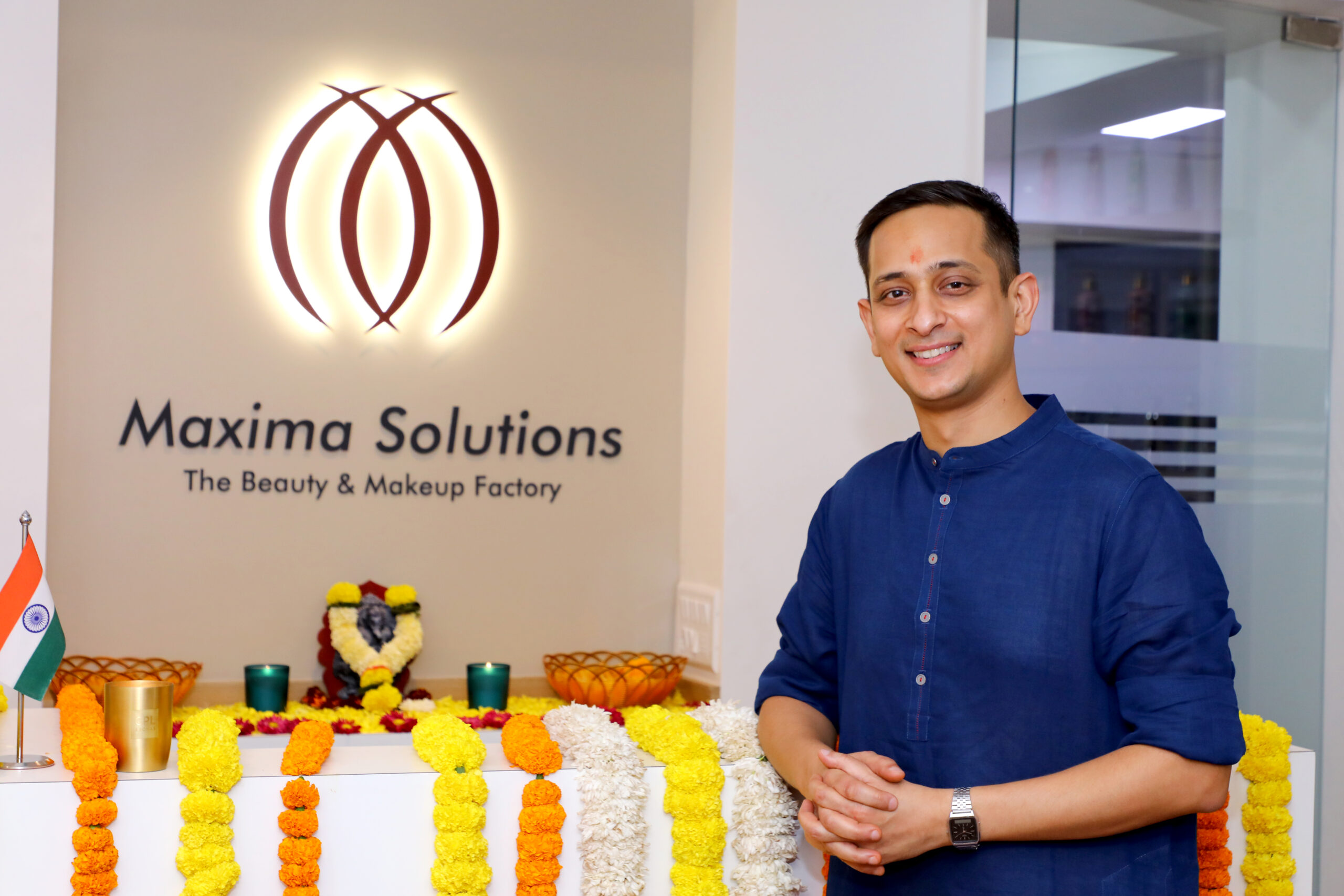
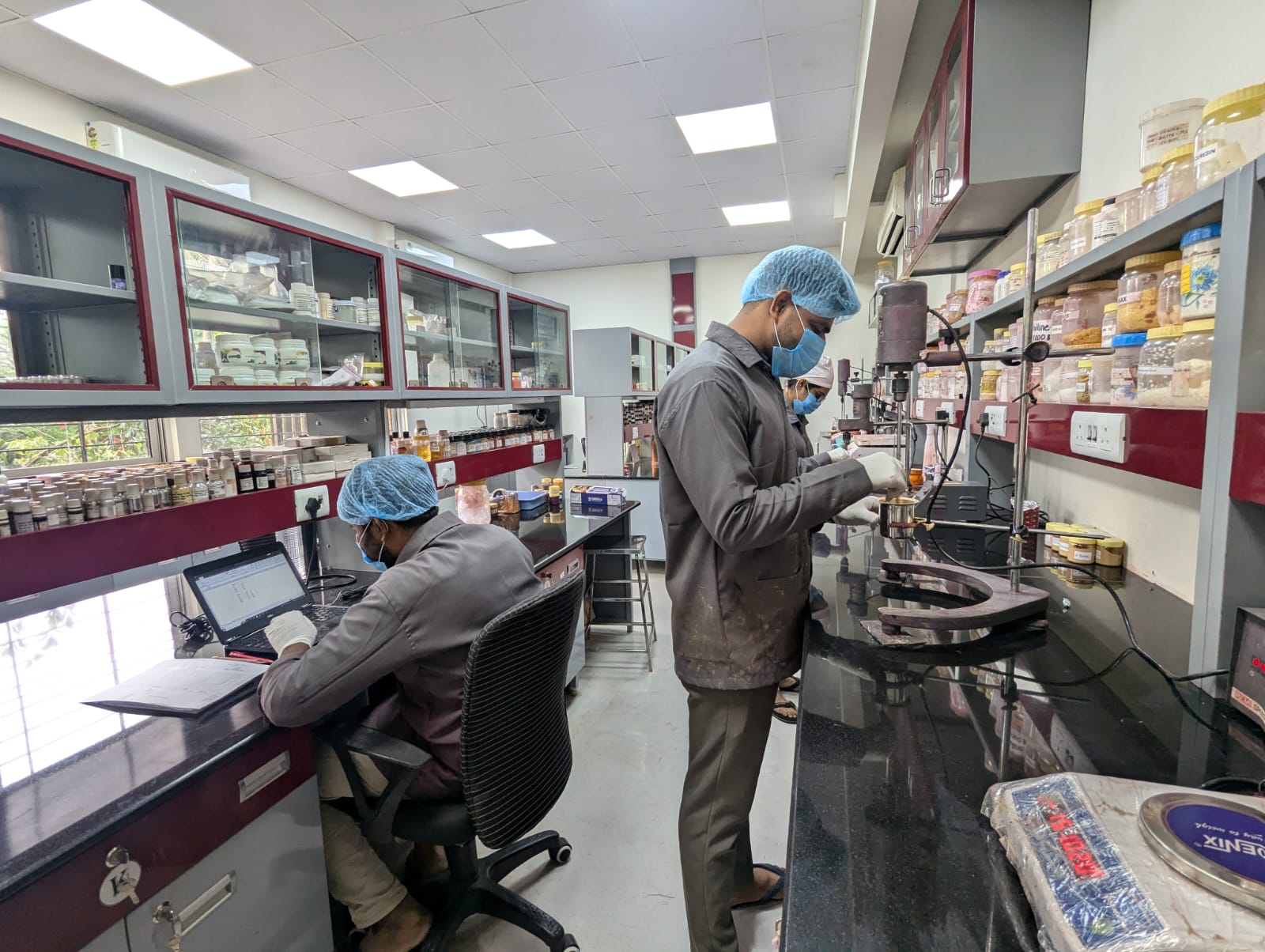
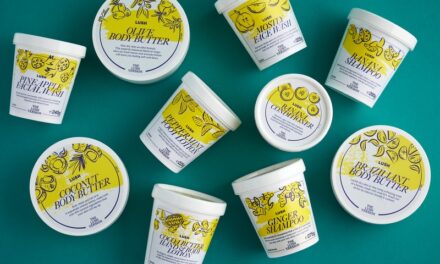
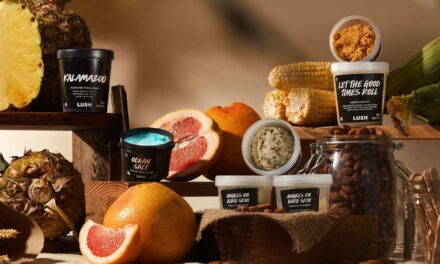
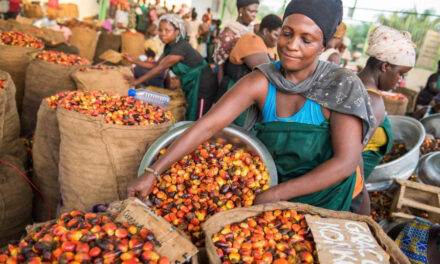

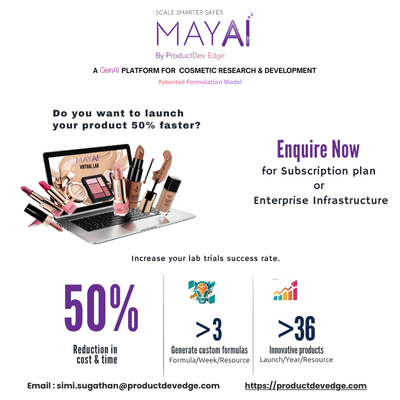

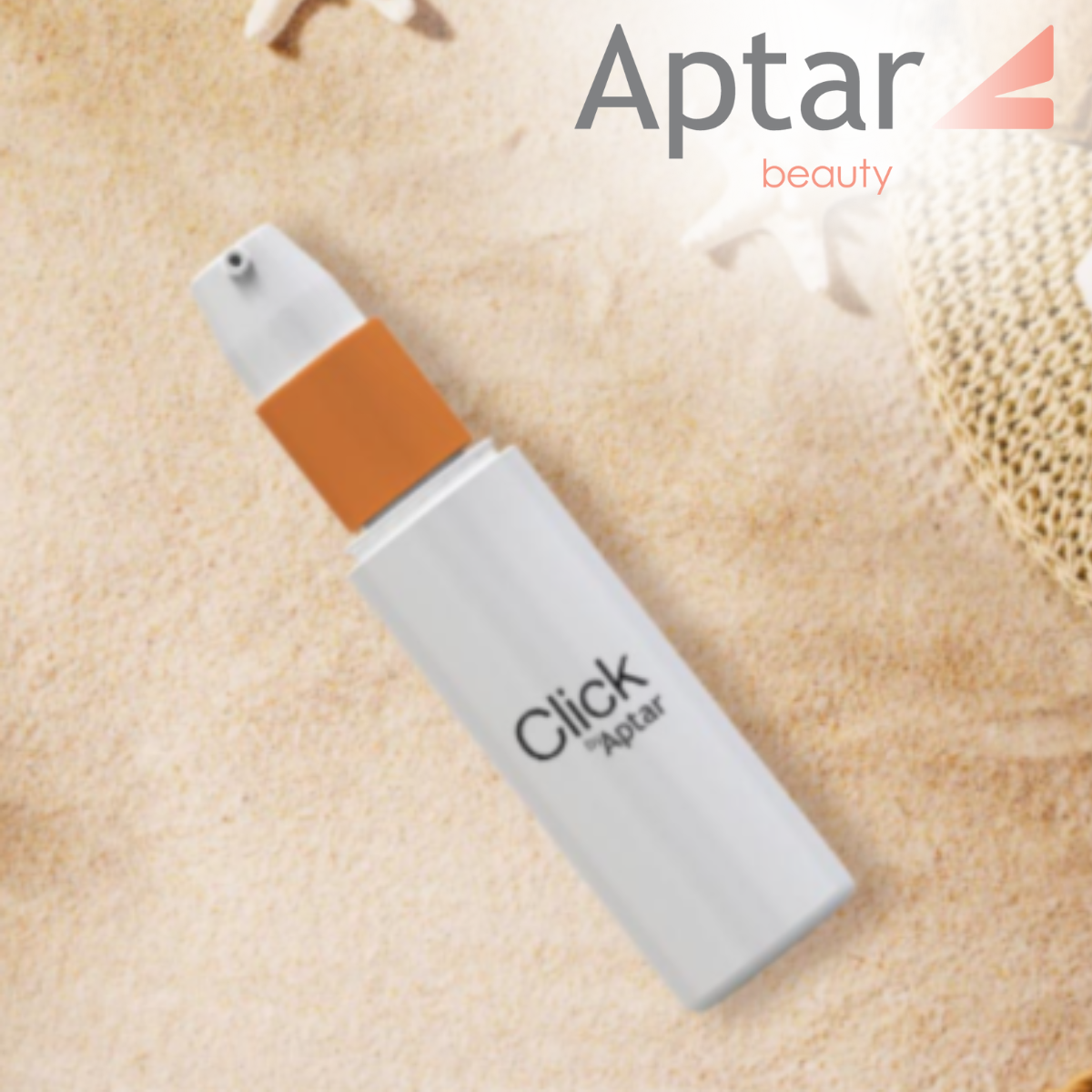
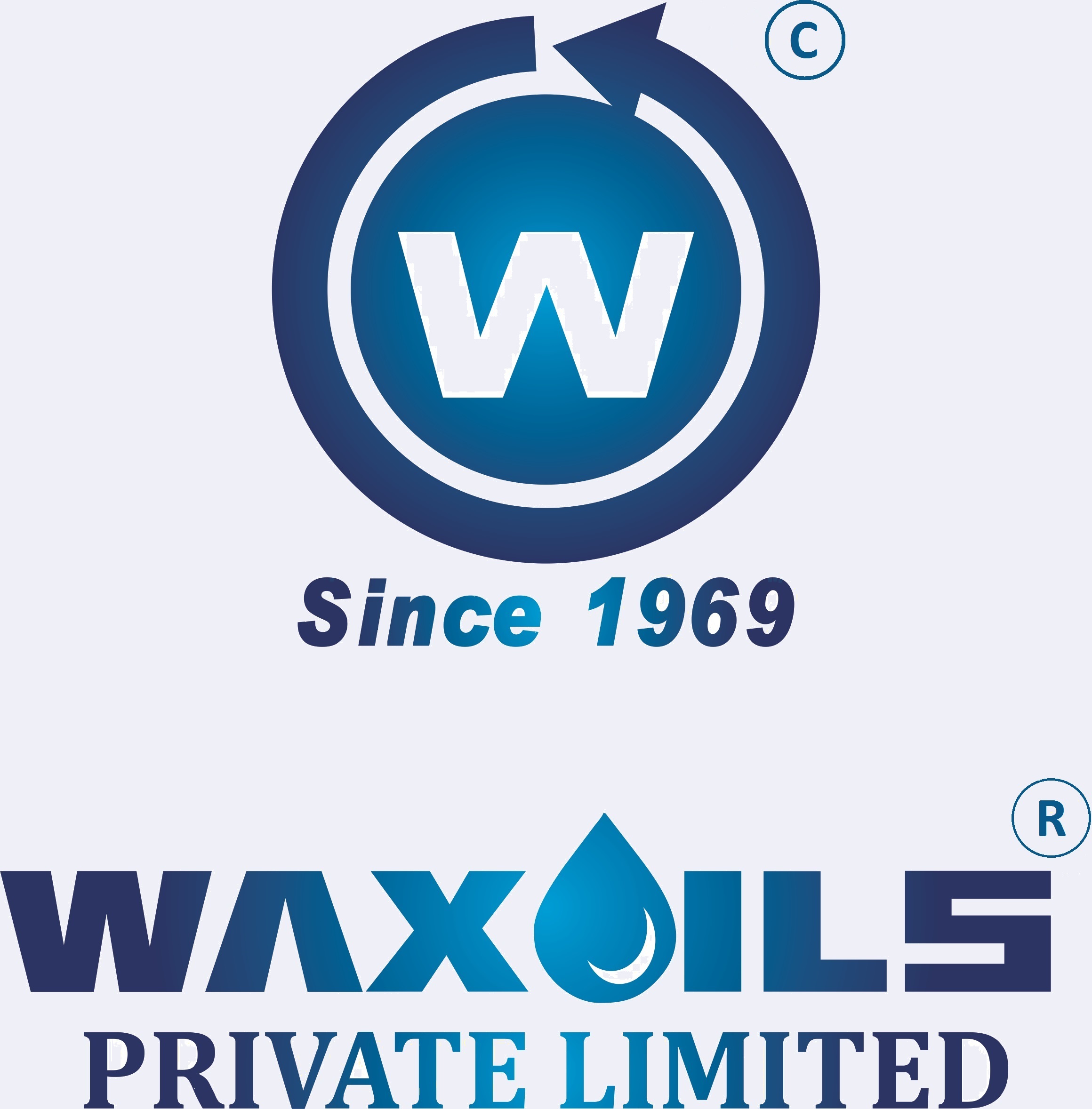
Subscribe To Our Newsletter
Join our mailing list to receive the latest news and updates from The Cosmetics industry
You have Successfully Subscribed!